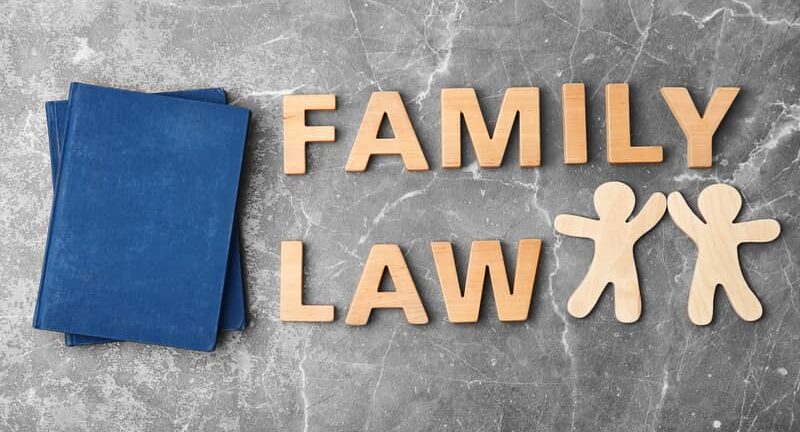
 According to PBS, 2.7 million grandparents are currently raising their grandchildren. Non-parents, such as grandparents, uncles, aunts, siblings, or other relatives, may wish to become a larger part of a child’s life after their parents go through divorce, a parent leaves, dies, goes to prison, becomes abusive, can no longer properly care for the child, or disappears. Grandparents and other third-party relatives, as well as non-relatives, are sometimes granted joint or even sole custody of children. However, this is usually somewhat rare and can be difficult to accomplish if you are up against the child’s biological parents or parents.
According to PBS, 2.7 million grandparents are currently raising their grandchildren. Non-parents, such as grandparents, uncles, aunts, siblings, or other relatives, may wish to become a larger part of a child’s life after their parents go through divorce, a parent leaves, dies, goes to prison, becomes abusive, can no longer properly care for the child, or disappears. Grandparents and other third-party relatives, as well as non-relatives, are sometimes granted joint or even sole custody of children. However, this is usually somewhat rare and can be difficult to accomplish if you are up against the child’s biological parents or parents.
In the Best Interest of the Child
As with all child custody decisions, the court will always choose in favor of the child’s best interests. However, the court is often biased with its decision-making, usually believing that, by default, the child’s biological parent or parents are the best choice for custody. Yet, a grandparent or other relative may be awarded visitation or custody rights in some circumstances in which that non-parent has a substantial relationship with the child. According to North Carolina code of laws § 50-13.2, a grandparent is defined as “a biological grandparent of a child adopted by a stepparent or a relative of the child where a substantial relationship exists between the grandparent and the child.” There is obviously quite a bit of wiggle room in determining what a substantial relationship is with such an ambiguous definition, which is why it is vital to work with an experienced and highly competent attorney.
Deciding Factors
When determining which party has the child’s best interests at heart and is most likely capable and probable of carrying out those interests, the following factors are looked at by the court:
- Ability to financially provide for the child;
- Relationship between the child and guardian;
- Guardian’s ability to provide love, affection, and attention;
- Proximity of schools and guardians’ ability to provide quality education
- Ability to provide child care;
- Stability of guardian;
- Possible blindness of the guardian;
- Physical and psychological fitness of guardian;
- Moral aptitude of guardian; and
- Past or future military deployment of the guardian.
Possible inexcusable factors, in the mind of the court, to allow custody to a biological parent over that of a grandparent or other close adult include the biological parent’s history or evidence of:
- Domestic violence;
- Sexual abuse or physical abuse;
- Illegal drug use;
- Alcoholism;
- Felony history;
Call a North Carolina Attorney Today
If you are a grandparent of the child, or another family member or non-family member, and you wish to have legal visitation rights or sole custody, it is important to discuss your options with an experienced Charlotte, North Carolina family law attorney. Call Powers Landreth PLLC at 704-342-4357 today.
Related Posts
Equitable Adoption in North Carolina
The doctrine of Equitable Adoption is a judicially created “equitable” remedy...
Removal of a Child from an Unfit Parent
Chapter 7B of the Juvenile Code regarding Abuse, Neglect, and Dependency...

